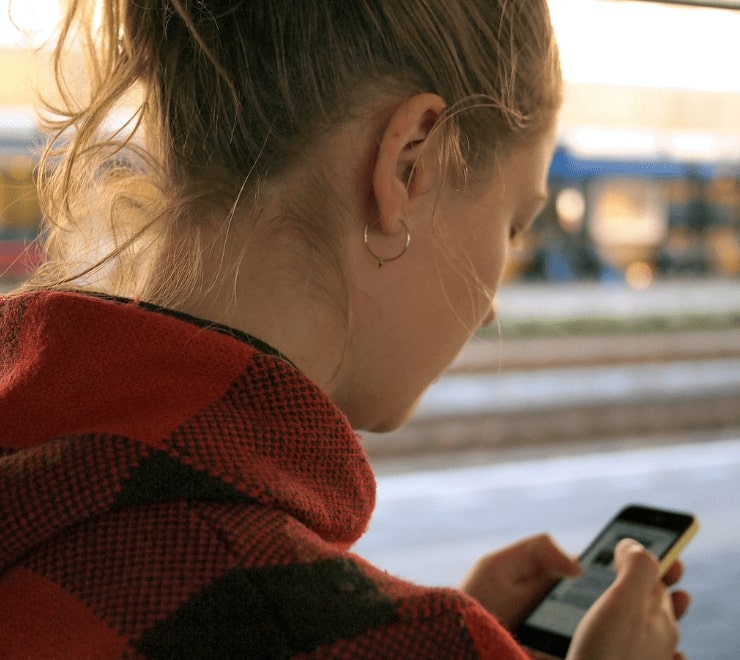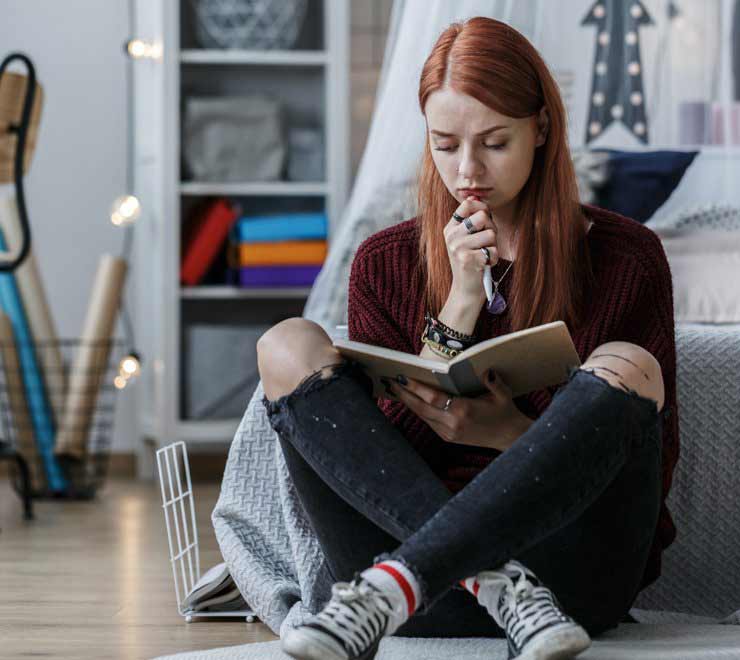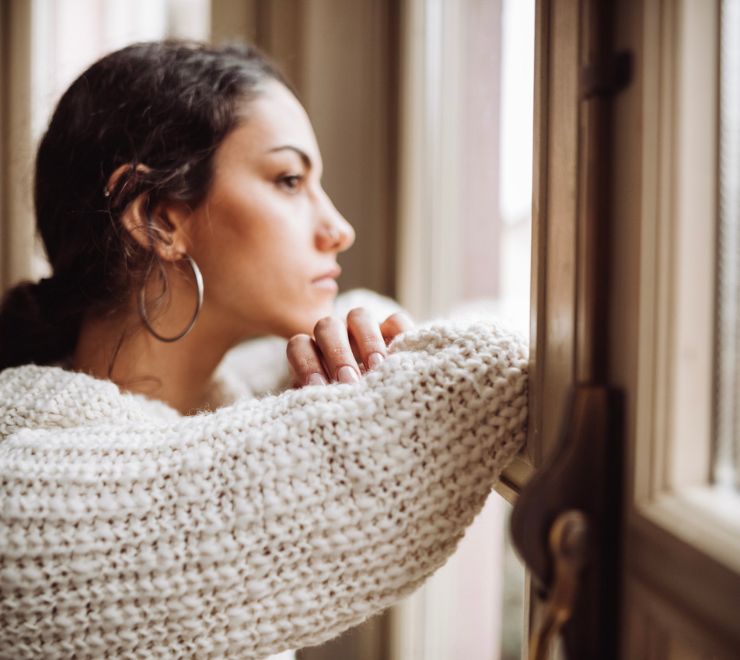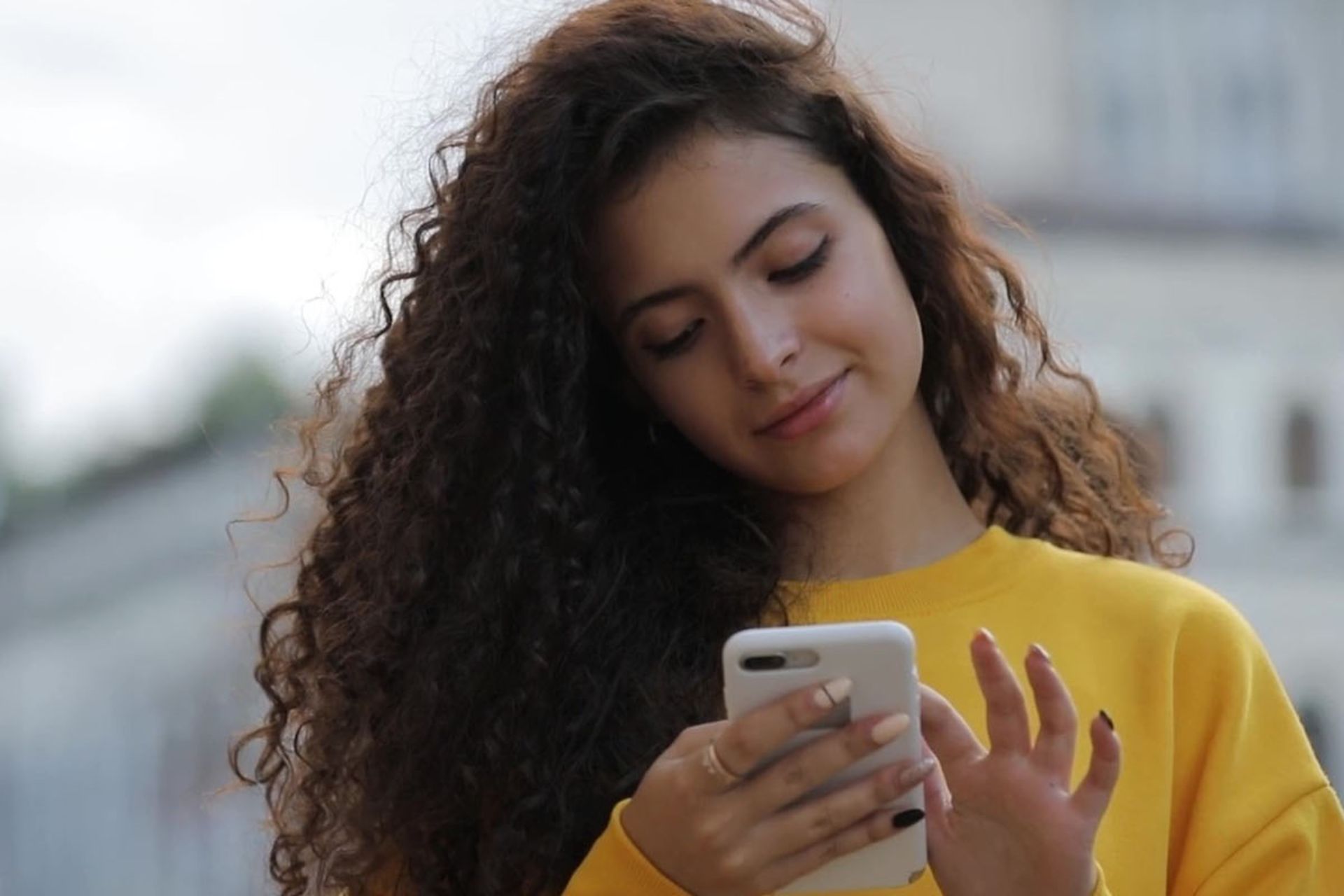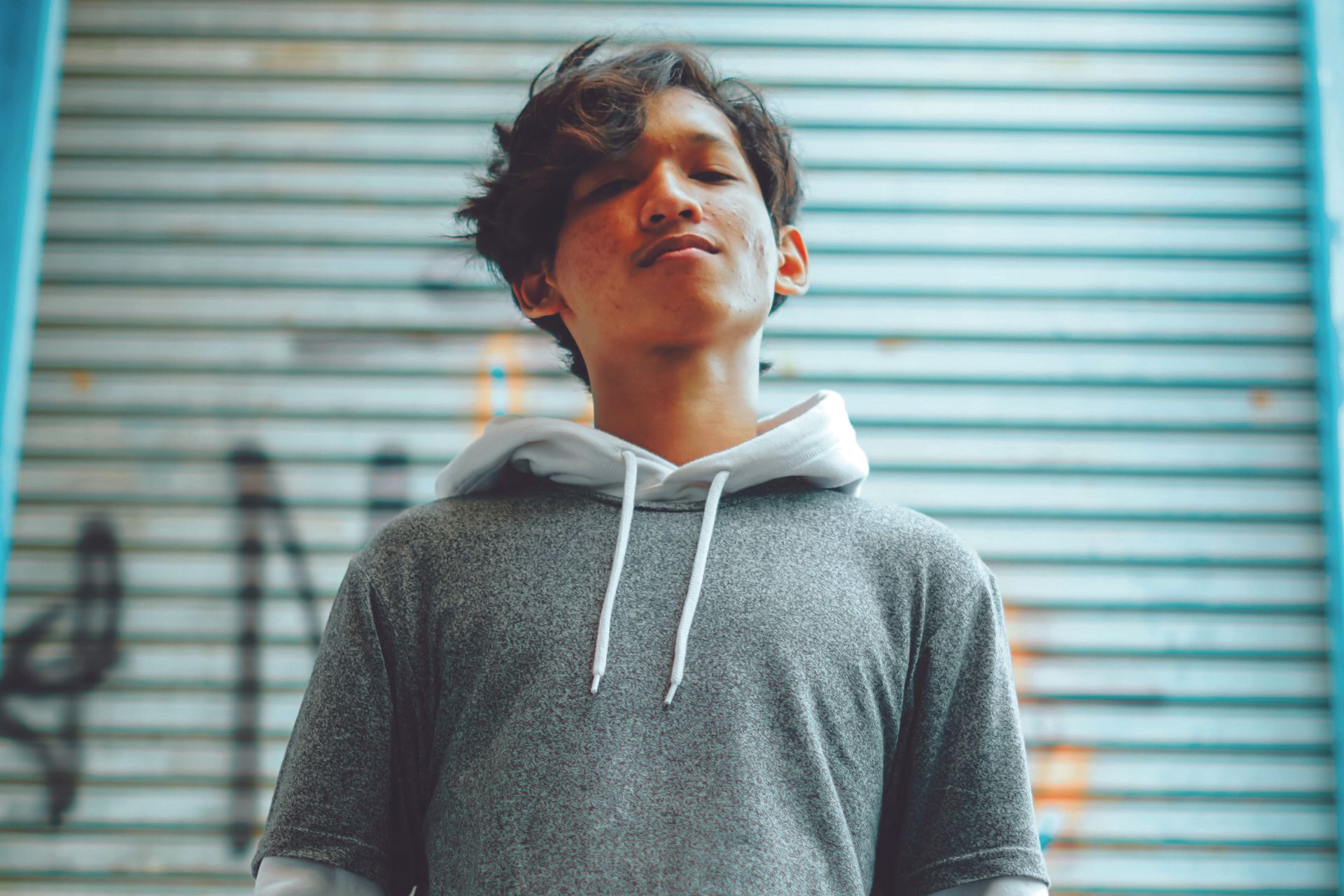This article was written by Childline — an organization supporting young people in the UK with any issue they’re going through. You can learn more about Childline here.
Ways to feel good on social media
If you don’t feel good when you’re using social media platforms like Instagram, Snapchat, Facebook, YouTube, Twitter, TikTok or Tumblr, we’ve got ideas that may help:
Get help if you see something upsetting
Sometimes people might post things online that you find upsetting or disturbing. If you’ve seen something you’re worried about, you don’t have to cope alone. It can help to:
- Report it to the platform, especially if it involves violence or abuse
- Avoid sharing or commenting on it, even if you disagree
- Discuss what you’ve seen with a safe adult
Remember, not everything you find online will be real. But if you’re not sure, it’s always OK to ask for support.
Follow someone new
Some accounts can put pressure on you to reach impossible standards, or are paid to advertise things to you.
Try unfollowing or muting accounts that make you feel bad about yourself or impact your self-esteem. You can also search for accounts with content that makes you smile or feel good without feeling like you have to change.
Remember that what you see isn’t always real
People don’t always show what their lives are really like on social media. Photos can be staged, airbrushed or filtered. And people only show the parts they want others to see.
Feel like everyone else is doing something fun except you? Try to boost your mood with these tips.
Forget about ‘likes’
It can feel important to know how many people have liked or commented on something you’ve posted. But focusing on it can leave you feeling like you’re not good enough. Remember that likes aren’t everything, and there are other ways to boost your self-esteem.
Be nice to other people
Try posting positive comments to others and not responding to negative comments. Blocking and reporting bullying or abuse when you see it can help you to feel better.
Decide when you want notifications
Checking for comments or messages can be stressful sometimes, or you might feel pressure to keep up with what’s happening online. If you’re in bed or want to focus on something else, try turning off notifications or setting your phone on mute or do not disturb.
Stop scrolling and do something else for a while
When looking at social media isn’t making you feel good, taking a break and doing something to keep yourself busy can really help. You could try listening to music or a podcast, going for a walk, or playing a game.
Coping with your mental health on social media
Lots of people use social media or online tools to help them cope with how they feel. Some young people find it easier talking online to people they’ve not met in person. Or they might meet someone online who’s going through the same thing as them.
It’s important to think about whether the people you’re talking to are helping you to feel better. If you’re not sure, ask yourself whether talking to them:
- makes you feel like things will never change
- stops you getting support or talking to other people
- only gives you one point of view, and stop other people from sharing theirs
- pushes you to do things that might hurt you
- makes you feel competitive about what’s happening
- leaves you feeling worse after talking
If you’re not sure whether talking online is making things in your life better, Kids Help Phone’s e-mental health services are available to support you 24/7.

Feeling upset about something you’ve seen online?
Try breathing in and out slowly with Kids Help Phone’s Breathing Balloon
Difficulty sleeping
If you’re struggling to get to sleep because of what’s happening on social media, we’ve got ideas that may help:
- Move your phone or device away from where you sleep: Keeping your phone somewhere that’s further away from you when you’re trying to sleep can make it easier to stop checking messages or notifications that make you feel stressed.
- Use a blue light filter: Blue light filters can help stop your device from keeping you awake if you’re using it in the evening by lowering your screen’s blue light. Lots of devices have blue light filters built in – but if yours doesn’t you can download one as an app.
- Talk about what’s happening: Telling someone you trust what’s happening can help you to feel better and more able to cope.
- Track your sleep habits: Try this sleep diary to figure out what you can do to get a better sleep.
Kids Help Phone would like to thank the Family Channel for collaborating on the videos shared on this page.


